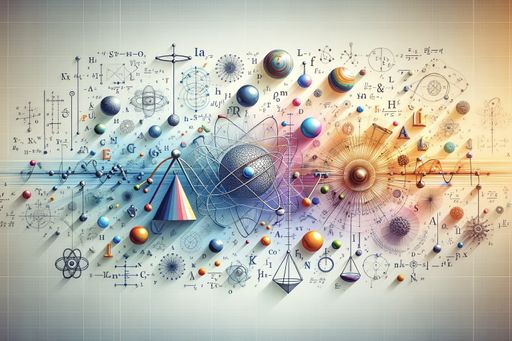Ask Ethan: Is it possible that gravity isn’t quantum?
For generations, physicists have been searching for a quantum theory of gravity. But what if gravity isn't actually quantum at all?

The Incompatibility of General Relativity and Quantum Mechanics
In the quest to make sense of the Universe, there's a fundamental incompatibility that needs to be addressed: between General Relativity, our theory of gravity, and quantum mechanics/quantum field theory.
General Relativity is a classical theory: in it, space is continuous, particle positions and momenta are determined exactly, and it's time-reversal symmetric. Quantum theory isn't; it's fully quantum.
While the general approach has always been to attempt to quantize gravity, putting it on the same footing as the other three fundamental forces, maybe that's wrong. What does a new "postquantum" theory of gravity say?
A New Approach to Classical Gravity
Traditionally, approaches to unify the two have focused on quantizing gravity, attempting to place it on the same footing as the other quantum forces. But a series of new papers, led by Jonathan Oppenheim, takes a very different approach: creating a “postquantum” theory of classical gravity.
It’s a big idea that, importantly, is still in its infancy, but that doesn’t mean it doesn’t deserve consideration. Let’s first look at the problem, and then, the proposed solution inherent to this big idea.
The alternative approach involves creating a "postquantum" theory of classical gravity, where gravity is always classical and continuous, and quantum field theory, not general relativity, needs to be modified.
Exploring the Implications
The new papers explore the implications of classical gravity and its interaction with quantum systems. It raises questions about the nature of gravity in inherently quantum systems and challenges previous assumptions about the behavior of gravity on small scales.
The new theory also raises questions about the black hole information paradox and the behavior of gravity at low energies. It proposes that the gravitational degrees of freedom may contain only partial information, which could have significant implications for our understanding of gravity.
While the theory is still in the early stages of development, it offers a fresh perspective on the long-standing challenge of unifying general relativity and quantum mechanics.



